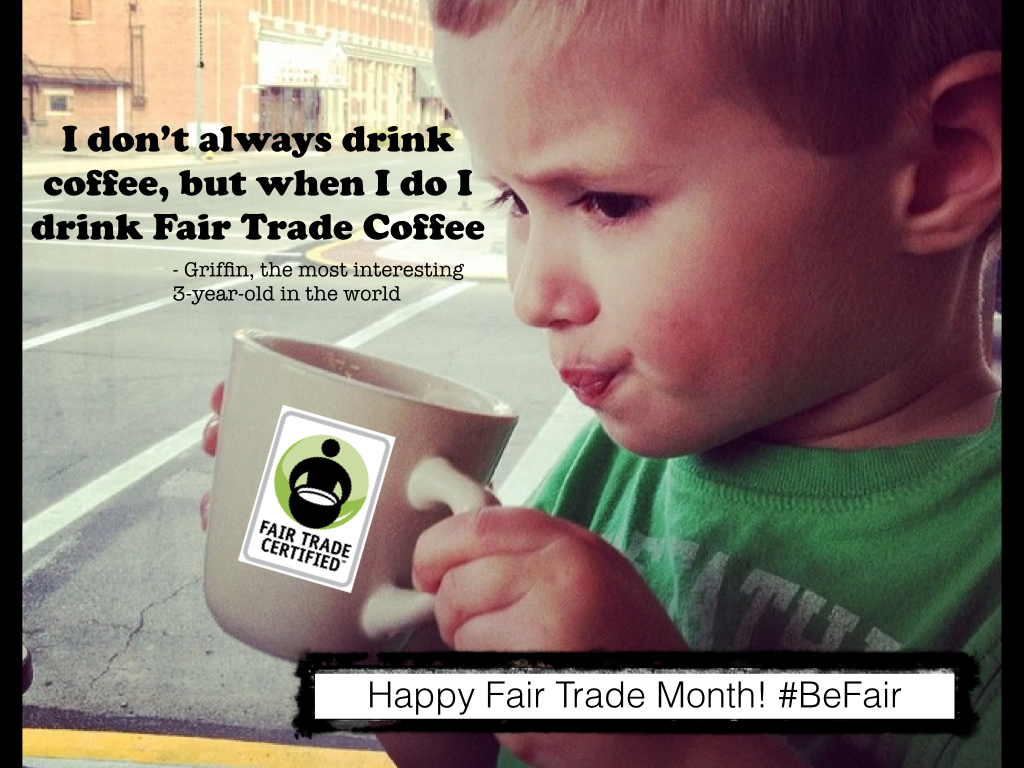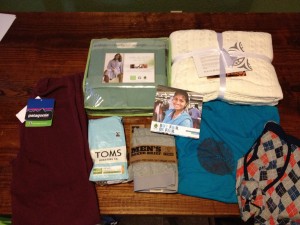Kohl Crecelius believes that jobs matter almost more than anything. He has helped lead the modern movement integrating social good and business, as he founded Krochet Kids and KNOWN SUPPLY. Kohl joins Kelsey and Jay to discuss Fair Trade, B-Corps, and how his journey started with crocheting.
Show Notes:
Kohl’s B-crop business – KNOWN SUPPLY
Nonprofit Kohl started with high school buddies – Krochet Kids
What we discussed:
His path to social entrepreneurship
Importance of travel
Aid and cycle of dependency
Rana Plaza factory collapse
Cause washing
Decision to create a nonprofit vs. a cause-oriented for profit
B Corps
Benefit Corporations
Fair Trade
Article: Prepare for the Ultimate Gaslighting…
Read More >
On the 6th anniversary of the Rana Plaza factory disaster that killed 1,134 Bangladeshi garment works and injured thousands more, Kelsey shares his experiences in Bangladesh. This episode also features Christopher Cox of the Human Thread Campaign who, along with Kelsey, was a featured speaker at DePaul University’s Fair Trade fashion show.
Please subscribe, rate, and review on iTunes or on Stitcher.
…
Read More >

One of my absolute favorite clothing brands is Krochet Kids. A few years ago I had the chance to meet one of the founders of this nonprofit apparel brand, Kohl Crecelius, when he was speaking at Ball State.
Kohl and his buddies, Travis and Stewart, were avid snow sports enthusiasts in high school and wanted to have some headwear that was different than anyone’s on the slopes. They learned to crochet beanies and the friends started filling custom orders.
After high school Stewart traveled to Uganda on a trip that had nothing to do with beanies or crocheting and realized how little opportunity existed for the people there.
(This is massive paraphrasing)
They thought if a couple of dudes from Washington state could…
Read More >

(Photo: Outside a WalMart in China.)
Harper was with my brother’s family as they pulled their van into Wal-Mart.
“WalMart,” Harper, 5, said. “We don’t shop there because they don’t treat their workers right.”
Kyle, my brother, thought this was funny when he told me. But I can’t help but think it’s a bit annoying too.
Let me say this. I’m not better than you because I don’t shop at WalMart. I just can’t do it. I have friends who work at WalMart and I’m glad they have jobs, but still, I just can’t do it.
I wrote the following in the Huffington Post (how annoying am I?! I even write about WalMart in the Huffington Post!) right around the time Harper and I had our…
Read More >

Rocking my prAna Fair Trade T-Shirt at the Midwest Writer workshop. Apparently I’m about to drop an F-bomb.
This afternoon, I’m visiting Fair Trade USA’s headquarters, so I though I’d share the post I wrote for the clothing company prAna:
Change Starts With a T-shirt
The post covers how a T-shirt changed my life and how excited I am that Fair Trade certified clothing exists….
Read More >

Enter to win more than $500 of Fair Trade goodies!
I’m wearing Fair Trade underwear! And you could be too. Just enter the contest below to win more than $500 of goodies including PACT underwear, Patagonia yoga pants, prAna T-shirt, Boll & Branch throw, Under the Canopy bathrobe, and TOMS coffee.

a Rafflecopter giveaway
Buying Fair and Being Fair is now more than just about your (and Griffin’s) cup of coffee
The fact that I’m wearing Fair Trade Certified underwear is something I can’t believe. (My super soft organic…
Read More >

Cocoa farmers I met in Ivory Coast
First off, as ebola madness grips the world . . .
YOU CANNOT GET EBOLA FROM CHOCOLATE!
I was in grade school when the AIDS epidemic blew up in the 80s. My brother convinced me that one got AIDS by sitting on a toilet seat at truck stops after a trucker with AIDS had pooped. Seriously. Granted, at the time I didn’t really know much about sex or intravenous drug use, so I was easily convinced. The thing I don’t know is if my brother made this up or if he actually heard it somewhere. I the ebola fear is any indicator, I’m thinking he…
Read More >
The worst thing isn’t that we live in a world where child labor exists; it’s that we live in a world where a mother who loves her child just as much as your momma loves you and my momma loves me sends that child off to work for the day in the dump, in the factory, in the field, or on the street because they have to earn an income to help support their families.
It’s World Against Child Labor Day. My friends at Fair Trade USA shared this on Facebook:

Child labor won’t end by banning child labor. In fact, I think “child labor bans” distract us from doing what will end child labor: employing parents at jobs that allow them to…
Read More >
One of the coolest experiences I get to have as a storyteller is when one of my books gets used as a common reader in a community or as part of a first year experience on a campus.
When I started to get invites to common reading programs, I couldn’t believe it:
“You want me to visit with and speak to a few hundred or a few thousand folks who’ve read my book?”
That’s like the best day of an author’s life, right?
I enjoy diving deeper into a discussion with folks who’ve read my work, and exploring larger takeaways from multiple disciplines and perspectives. Participating in common reading programs has enhanced my understanding of my work. I’ve had the chance to talk with historians, philosophers, economists, and freshmen across the…
Read More >
Bangladeshis and Cambodians have taken to the streets to protest economies and political systems in which they feel underrepresented. Both protests were featured separately in the New York Times yesterday.
I visited both of these countries in researching Where Am I Wearing. Each is a major player in the garment industry.
The industry referenced in the Bangladeshi story:
The struggle between the two political coalitions has paralyzed Bangladesh, unnerved Western governments and wounded the country’s vital garment industry.
The industry referenced in the Cambodian story:
Touch Vandeth, 24, was one of thousands of garment workers on strike who demanded a doubling of the minimum wage to $160 a month, a sharp increase that would put wages well above those of Cambodia’s regional economic competitors, including Bangladesh, Myanmar and Vietnam. Ms. Touch…
Read More >







